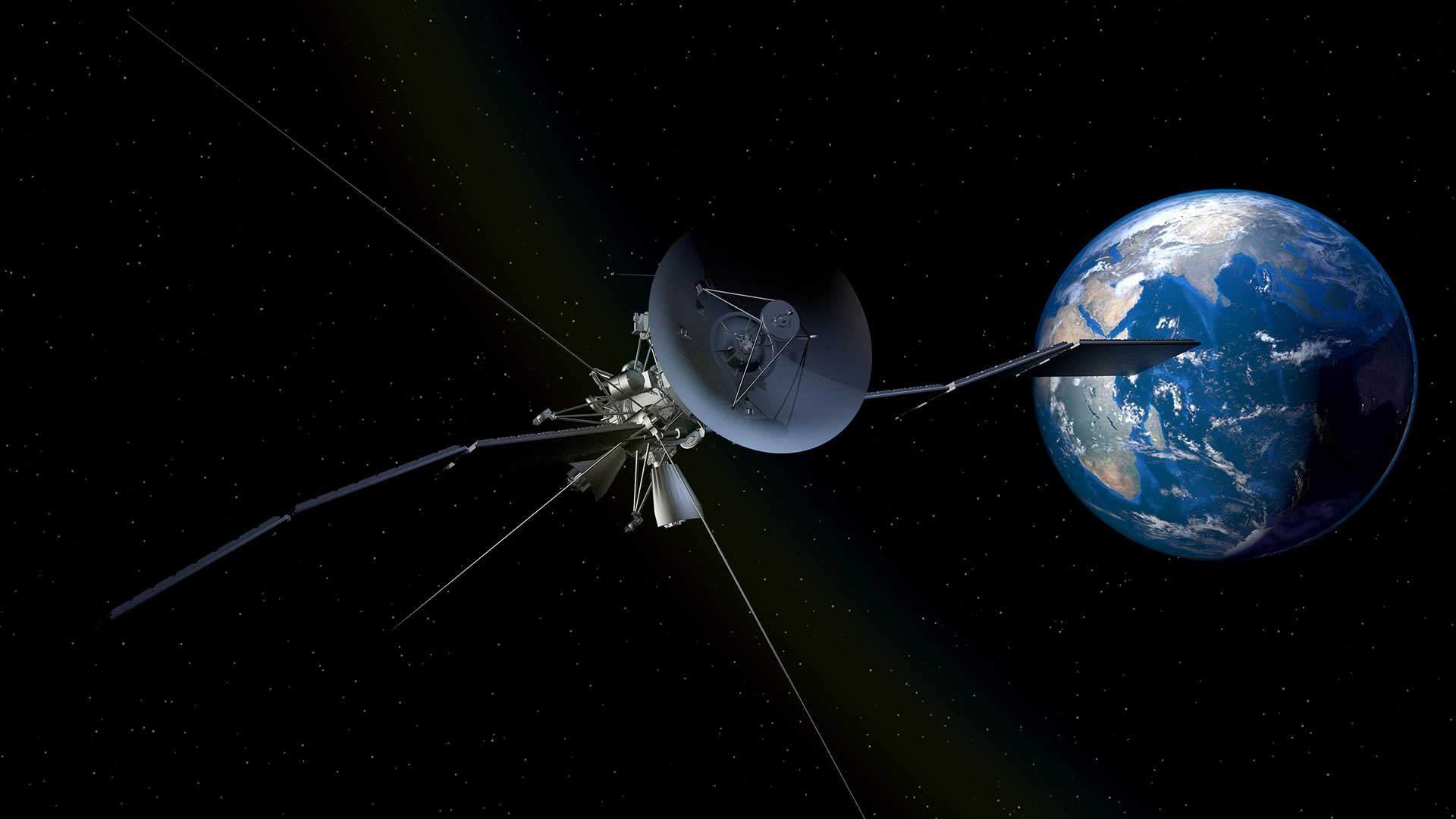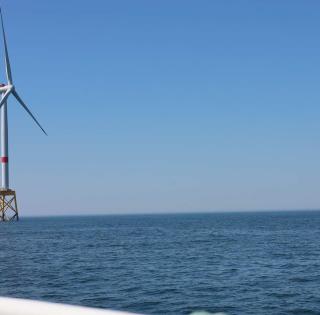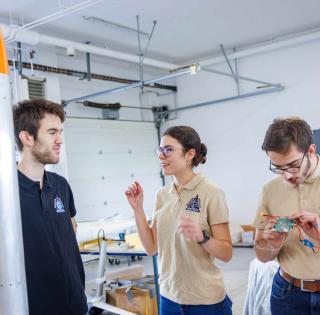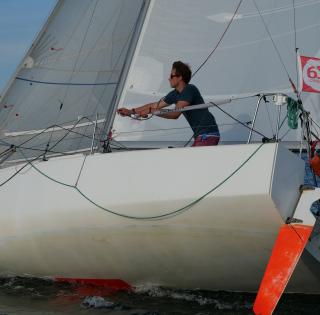
The "ActInSpace" hackathon is an international event organized by the French space agency, CNES, every two years. Over a 24-hour period, the teams (made up of a maximum of five people) have to tackle a space-themed technological challenge and come up with innovative solutions. In 2020, 50 different countries participated in the challenge – and France was among them (14 cities).
In Brest, the event hosted by Technopôle Brest Iroise brought together students from ENSTA Bretagne, IMT Atlantique, ENIB, ISEN Yncréa Ouest and Brest Open Campus. Valentin, an ENSTA Bretagne student, attended this year’s hackathon, the fourth time it has been held.
Why did you decide to take part in this event?
At the start of the academic year, Antonin Raffarin, who heads up the ENSTARTUPS incubator, told us about various hackathons we could take part in. The one organized by the CNES immediately appealed to me as I love the space sector, and the idea of taking up scientific challenges in this area really inspires me.
How was the competition carried out?
This year’s hackathon was a bit different in that it took place virtually. Over this 24-hour period, we each worked remotely, from our own home bases. We shared out the work to be more effective, but stayed in touch all the time, by chat or video. So it really was a group-led project.
What difficulties did you have to contend with?
The hackathon had an enormous range of challenges to choose from, encompassing really vast areas of expertise. With my team, we decided to focus more particularly on launch vehicles and their cargo. This is a fairly global mechanical subject and a topical one to boot.
But the main difficulty we came up against was defining the scope of this project. We had the theme, but the issues raised were very often already being addressed by businesses or start-ups in the sector. In the end, we spent nearly seven hours defining exactly what product/service we were going to propose.
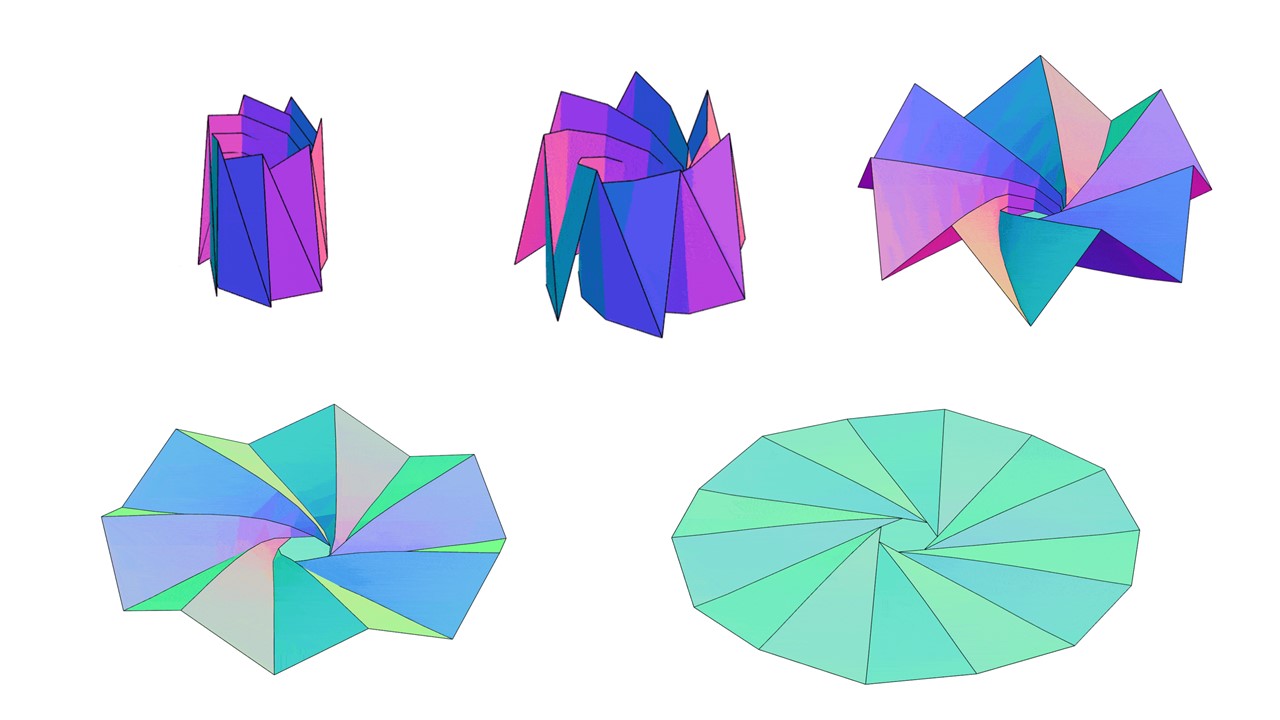
Could you tell us about your project?
We chose to focus on debris and the following problem: how can satellites be protected from extensive space debris? This poses an increasing threat and the implications are wide-ranging – including in ecological and economic terms.
Our idea was to develop nano-satellites, attached to the main satellite, which would act as a shield. Via an origami-type deployment system, the shield would halt and then block the debris – and even break it up.
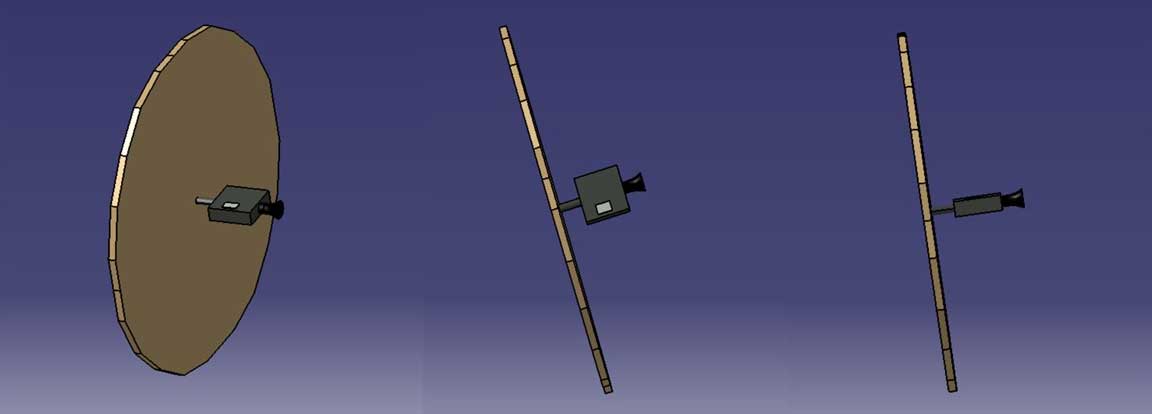
How did the hackathon end?
After hours of work, we finally presented our project to the Jury and in front of the members of the other teams in Brest. Our solution was commended but it was not as advanced as that of the winning team, whose project is already being incubated. So we won 2nd place, which is already very good considering it’s the first time we participated in the competition! Thanks to that, we’ll be able to tour Ariane Group’s facilities – as soon as the health situation allows it. We’re over the moon!
What will you take away from this adventure?
In 24 hours I feel like I’ve learned a lot, particularly through the talks we had with professionals from the field and the thematic conferences we were able to follow. It was a very rewarding experience. I’d therefore encourage anyone interested in space to take part!






